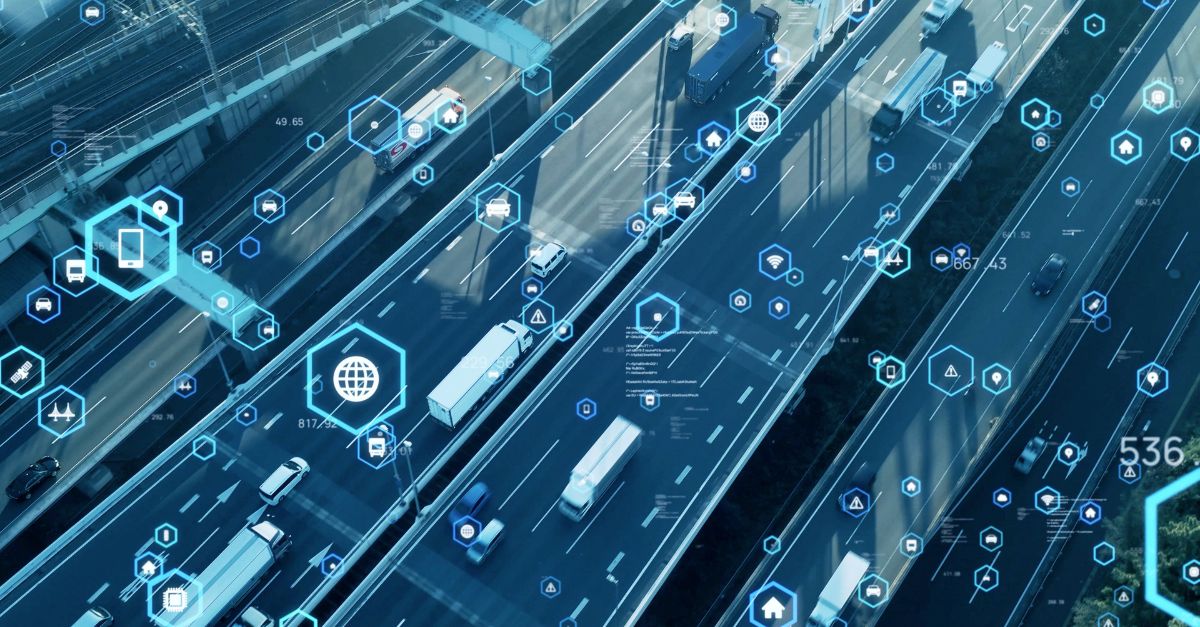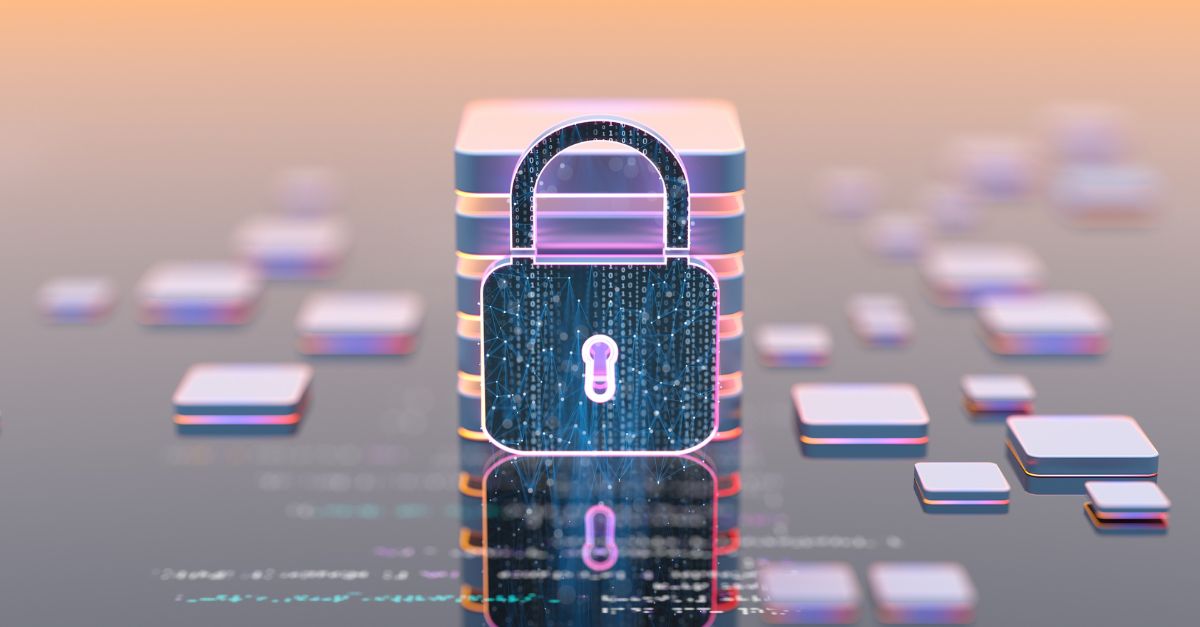The automotive industry is undergoing a transformative shift, transitioning from traditional mechanical systems to a digitally connected ecosystem. This transition has brought about unprecedented opportunities for innovation, convenience, and efficiency.
However, it has also introduced a unique set of cybersecurity challenges that demand urgent attention. There is an increased risk of cyber threats, including vehicle hacking, data breaches, and even remote control of critical vehicle functions.
The automotive industry has turned to a powerful tool to address these emerging cybersecurity risks: digital certificates. This article will explore the critical role of digital certificates in securing the connected car ecosystem.
Cybersecurity Challenges for Connected Vehicles
As vehicles become more connected and reliant on digital technologies, they are becoming increasingly vulnerable to various cyber threats.
At the heart of this challenge are the vehicle-to-vehicle (V2V) and vehicle-to-everything (V2X) communications. These connections allow cars to exchange data with each other and with the surrounding infrastructure, enabling features like collision avoidance and traffic optimization.
However, these open communication channels also provide opportunities for malicious actors to infiltrate the vehicle's systems.
Hackers could potentially intercept and manipulate the data being transmitted, compromising critical safety functions and even taking control of the vehicle remotely. The consequences of such attacks can be severe, putting the safety of the vehicle's occupants and other road users at risk.
More Software Than Automobile
Another significant concern is the potential for remote access and control of a vehicle's onboard systems. As vehicles become more software-driven, with numerous computer systems controlling various functions, the risk of unauthorized access increases. Malicious actors could exploit vulnerabilities in the vehicle's software or communication protocols to gain control of essential systems, such as the brakes, steering, or engine.
The vast amount of data generated and shared by connected vehicles also presents a prime target for data breaches and theft. Sensitive information, including driver location, driving habits, and personal data, could be collected and exploited by cybercriminals, leading to privacy violations and potential financial or identity-related crimes.
Addressing these cybersecurity challenges in the automotive industry requires a comprehensive and collaborative approach. Automakers, technology providers, and regulatory bodies must work together to develop and implement effective security measures, such as secure communication protocols, robust access controls, and advanced data encryption.
The Role of Public Key Infrastructure (PKI) and Digital Certificates
Digital certificates and Public Key Infrastructure (PKI) are fundamental in enhancing automotive cybersecurity. The digital certificate functions as a virtual ID card, establishing the identity of users, devices, or entities in digital interactions.
It contains crucial elements such as a public key for encryption and signature verification, a private key for decryption and signing, and a digital signature to ensure the certificate's integrity and authenticity. These certificates are issued by trusted Certificate Authorities (CAs) after verifying the holder's identity
With modern vehicles incorporating around 100 million lines of code — a number expected to triple by 2030 — the complexity and potential for cyber vulnerabilities increase substantially.
One of the primary uses of digital certificates in automotive security is for authentication and encryption. This ensures that only authorized devices and software can communicate with the vehicle, preventing unauthorized access and control.
Using Digital Certificates for a Safer and More Efficient Environment
Digital certificates also authenticate software updates, ensuring they come from a legitimate source and have not been tampered with, which is critical for maintaining the vehicle's integrity and safety.
They are also essential for implementing an embedded firewall within a vehicle. This firewall controls the communication that reaches the onboard computers, blocking unauthorized access and reporting suspicious activities.
Such a firewall is specialized for automotive environments, integrating with the vehicle's real-time operating systems and electronic control units (ECUs) to filter and manage external and internal communications effectively. It's smart enough to flag even seemingly harmless actions, like scanning a QR code for registration, recognizing when such actions could lead to trouble under certain conditions.
The role of digital certificates extends to facilitating secure boot and firmware updates over-the-air (OTA), which are modern methods for delivering operational and security software updates to vehicles remotely.
How to Implement PKI and Digital Certificates in Connected Vehicles
Implementing a PKI system for connected vehicles requires careful planning and consideration of several key factors. The implementation process is crucial, especially for the vehicle manufacturer teams. When done properly, it makes it easier to pinpoint issues while generating your routine pen-testing reports. That said, here is a step-by-step guide on how to implement PKI and digital certificates:
- Identify and protect key assets: Recognize that connected vehicles are essentially "driving data centers" with various internal and external communication needs. It's vital to identify the critical assets that require protection, such as ECUs (Electronic Control Units), and implement security measures accordingly.
- Apply defense in depth: Implement layered security mechanisms to protect sensitive data and the integrity of vehicle systems. This approach ensures that if one layer is compromised, additional layers of defense are in place to protect against attacks.
- Embrace Zero Trust principles: Adopt a "never trust, always verify" approach for all communications and access, requiring authentication through digital certificates and cryptographic keys. This minimizes the risk of unauthorized access and ensures that only verified components can communicate within the vehicle's network.
- Ensure update capabilities: Vehicles should be capable of receiving over-the-air (OTA) updates to firmware and software, allowing for timely security patches and updates. This requires a robust system for authenticating and securely delivering updates.
- Implement strong encryption and authentication: Use PKI to encrypt data transmitted between different parts of the supply chain, ensuring that only authorized individuals and devices can access sensitive information. Digital certificates play a crucial role in this process by verifying the identity of users and devices.
- Manage identities and access: Implement identity management solutions to control access to vehicle systems and data. This involves creating and managing digital identities for users and devices, ensuring that only authorized parties can access critical systems and information.
- Protect privacy: Use PKI solutions to create anonymous and verifiable identities for vehicles, safeguarding the privacy of drivers by concealing the real identity of vehicles during communication.
The Benefits of A PKI and Digital Certificates in Connected Vehicles
Implementing PKI) and digital certificates plays a critical role in authenticating device identities and encrypting communications, ensuring that only authorized parties can access vehicle systems and data. Here are some of the key benefits:
- PKI and digital certificates provide robust security for vehicle communications, safeguarding against unauthorized access and cyber threats
- They ensure that only authorized devices and individuals can interact with the vehicle's systems, protecting against various cyber-attacks
- These technologies facilitate the management of user access, ensuring that sensitive vehicle data is only accessible to verified users
- PKI and digital certificates help automotive manufacturers meet stringent data protection and privacy regulations globally
- They encrypt data transmissions within the vehicle’s network, ensuring data integrity and preventing tampering
- Digitalization of these certificates allows automotive companies to cut their AWS bill by a large margin and reallocate computing resources to more necessary aspects of production, like CFD simulations
- PKI enables secure and authenticated software updates for vehicles, protecting against malicious software installations
Conclusion
As the automotive industry continues its digital transformation, the need for robust cybersecurity measures has never been more critical. Digital certificates and the PKI that supports them are emerging as essential tools for securing the connected vehicle ecosystem.
This technology provides a trusted framework for authentication, encryption, and data integrity to mitigate the growing risks of cyber threats, such as hacking, data manipulation, and impersonation attacks. It plays a crucial for ensuring the safety, privacy, and reliability of connected vehicles and the surrounding infrastructure.
Automakers can build a more secure connected vehicle future by embracing digital certificates and the PKI that supports them. This will protect drivers, passengers, and the entire transportation network.
Note: This blog article was written by a guest contributor for the purpose of offering a wider variety of content for our readers. The opinions expressed in this guest author article are solely those of the contributor and do not necessarily reflect those of GlobalSign.







